The 5 most patriotic states in America — and the 5 least patriotic
WalletHub looked at more than a dozen metrics to pick the states with the most (and least) patriotic residents
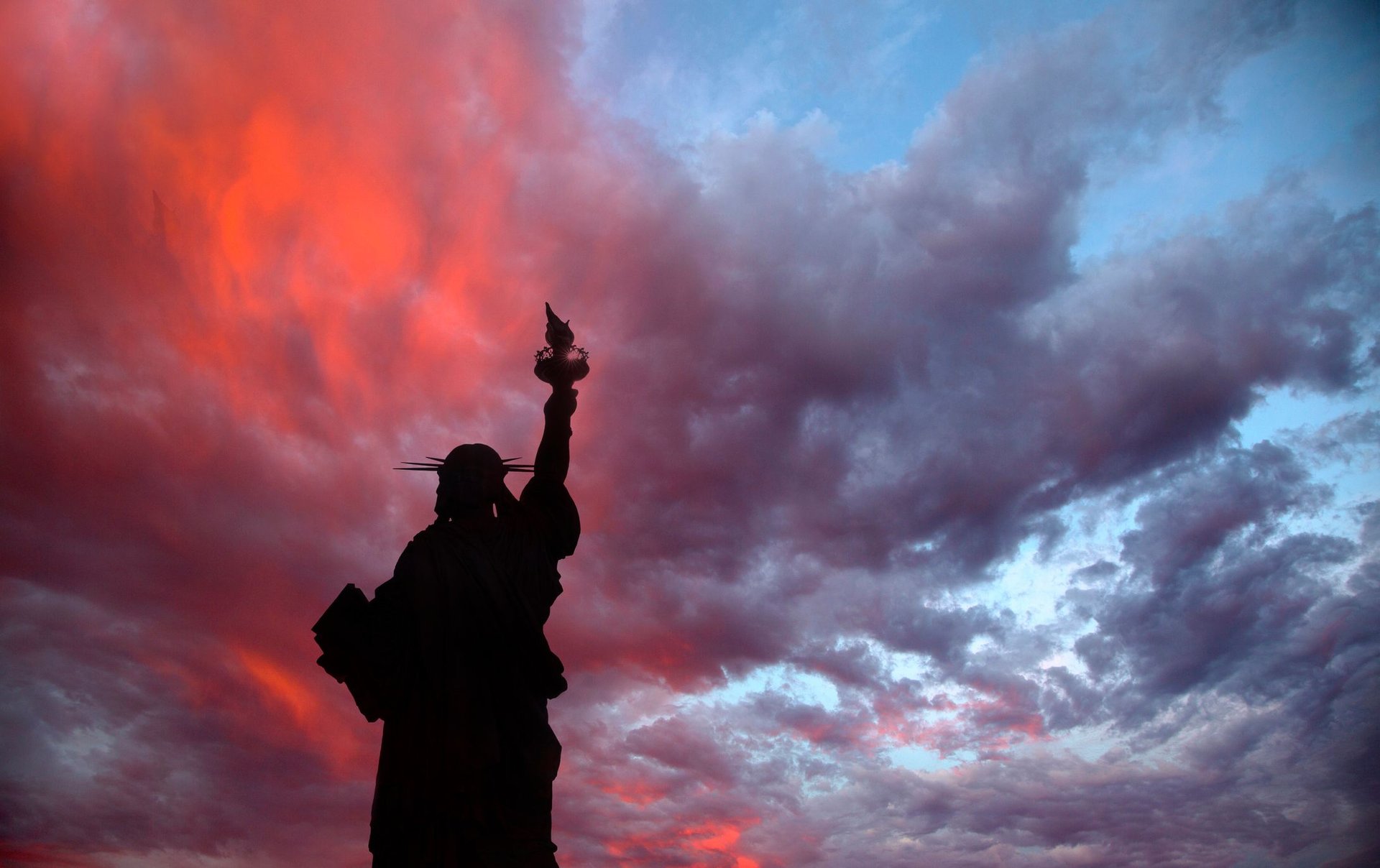
In recent years, a noticeable decline in national pride has been observed among Americans. According to a Gallup poll, only 58% of U.S. adults in 2025 described themselves as either “extremely” or “very” proud to be American. This marks a significant decrease from previous decades. To better understand how these sentiments vary across the country, WalletHub conducted an analysis to rank the most and least patriotic states in the United States.
WalletHub's study focused on two primary categories: military engagement and civic engagement. These categories were further broken down into 13 specific metrics, which included factors such as voter turnout, military service participation, volunteer hours per resident, and the presence of civics education programs. By examining these elements, WalletHub aimed to capture a comprehensive picture of patriotism across different states.
Military engagement is a crucial component of the study, as it reflects the willingness of individuals to serve their country. States with a high percentage of residents who are either currently serving or have served in the armed forces tend to score higher in patriotism rankings. This commitment to military service is seen as a direct expression of national loyalty and dedication. For example, states with large military bases or a history of military service often rank high due to their significant military presence.
Civic engagement, on the other hand, encompasses a broader range of activities that demonstrate a commitment to the community and the democratic process. Voter turnout is a key indicator in this category, as it reflects the extent to which citizens participate in elections and engage with the political system. States with higher voter turnout rates are often seen as more patriotic, as their residents actively contribute to shaping the nation's future. For instance, states that offer same-day registration or mail-in voting options often see higher participation rates, indicating a robust civic culture.
Volunteerism is another significant factor in assessing civic engagement. It involves the willingness of individuals to dedicate their time and effort to support various causes and organizations, both locally and nationally. States with a high number of volunteer hours per resident are typically ranked higher in patriotism, as this reflects a strong sense of community involvement and altruism. Volunteerism is measured by the number of hours residents dedicate to various causes, ranging from local community projects to national organizations. States with robust volunteer networks often have a culture of giving back, which enhances their patriotism rankings.
Civics education programs also play a vital role in fostering patriotism. These programs aim to educate citizens about their rights and responsibilities, as well as the functioning of government institutions. States that prioritize civics education tend to produce more informed and engaged citizens, which contributes positively to their patriotism rankings. By incorporating comprehensive civics education into school curricula, states can equip future generations with the knowledge and skills needed to participate effectively in civic life. This education fosters a deeper understanding of democratic principles and encourages active citizenship.
“The most patriotic states have a lot of residents who serve or have served in the armed forces, high voter turnouts during elections, and a high share of the population volunteering with national or local organizations,” said WalletHub analyst Chip Lupo. “Patriotism also isn’t concentrated in any one particular area – the top states are located in vastly different geographic regions.”
Conversely, states with lower levels of military and civic engagement tend to rank lower in patriotism. These states may have fewer residents participating in military service, lower voter turnout rates, and less volunteer activity. Such factors contribute to a diminished sense of national pride and community involvement. Understanding these dynamics can provide valuable insights into the diverse ways Americans express their national pride.
In terms of voter turnout, some states consistently demonstrate high levels of participation in elections. These states often have policies and practices that encourage voting, such as same-day registration or mail-in voting options. High voter turnout is a strong indicator of civic engagement and reflects a population that is actively involved in the democratic process. This engagement is crucial for maintaining a vibrant democracy and ensuring that citizens have a voice in shaping their government.
Volunteerism is measured by the number of hours residents dedicate to various causes, ranging from local community projects to national organizations. States with robust volunteer networks often have a culture of giving back, which enhances their patriotism rankings. This culture is supported by initiatives that promote volunteer opportunities and recognize the contributions of volunteers. For example, states that celebrate National Volunteer Week or offer incentives for volunteer work often see higher levels of community involvement.
Civics education is another area where states can make a significant impact on patriotism. By incorporating comprehensive civics education into school curricula, states can equip future generations with the knowledge and skills needed to participate effectively in civic life. This education fosters a deeper understanding of democratic principles and encourages active citizenship. States that invest in civics education often see a more informed and engaged populace, which contributes positively to their patriotism rankings.
Continue reading to see which states made the list.
2 / 11
5th most: Oregon

jurgita.photography / Getty Images
Oregon came in fifth place thanks to high voter turnout, strong volunteering stats, and a civically engaged population.
3 / 11
4th most: Colorado
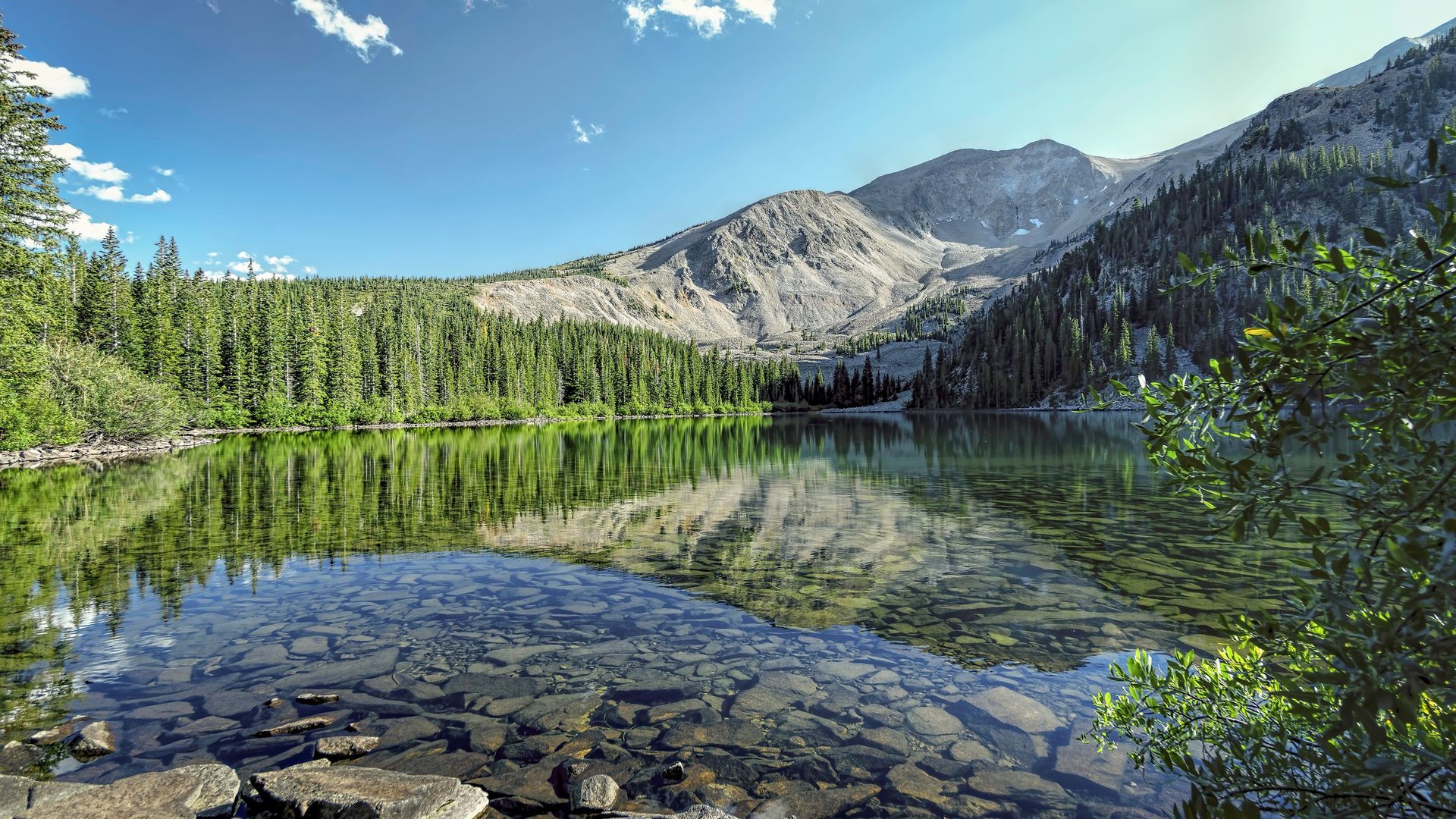
Jim Mallouk / Getty Images
Colorado ranked fourth with a large share of the population serving in the military, high voter turnout, and engaged residents who like to volunteer.
4 / 11
3rd most: Vermont

Steven Kornfeld / 500px / Getty Images
Vermont ranked third thanks to its volunteering stats and eighth-highest share of military reserves.
5 / 11
2nd most: Montana

Colton Stiffler / Getty Images
Montana took the second spot in part due to its high voter turnout. WalletHub said that “69.2% of the state’s voting population turned out for the 2024 presidential election, and nearly 46% voted in the 2020 primary election. It was also aided by a high volunteer rate.
6 / 11
Most: Virginia
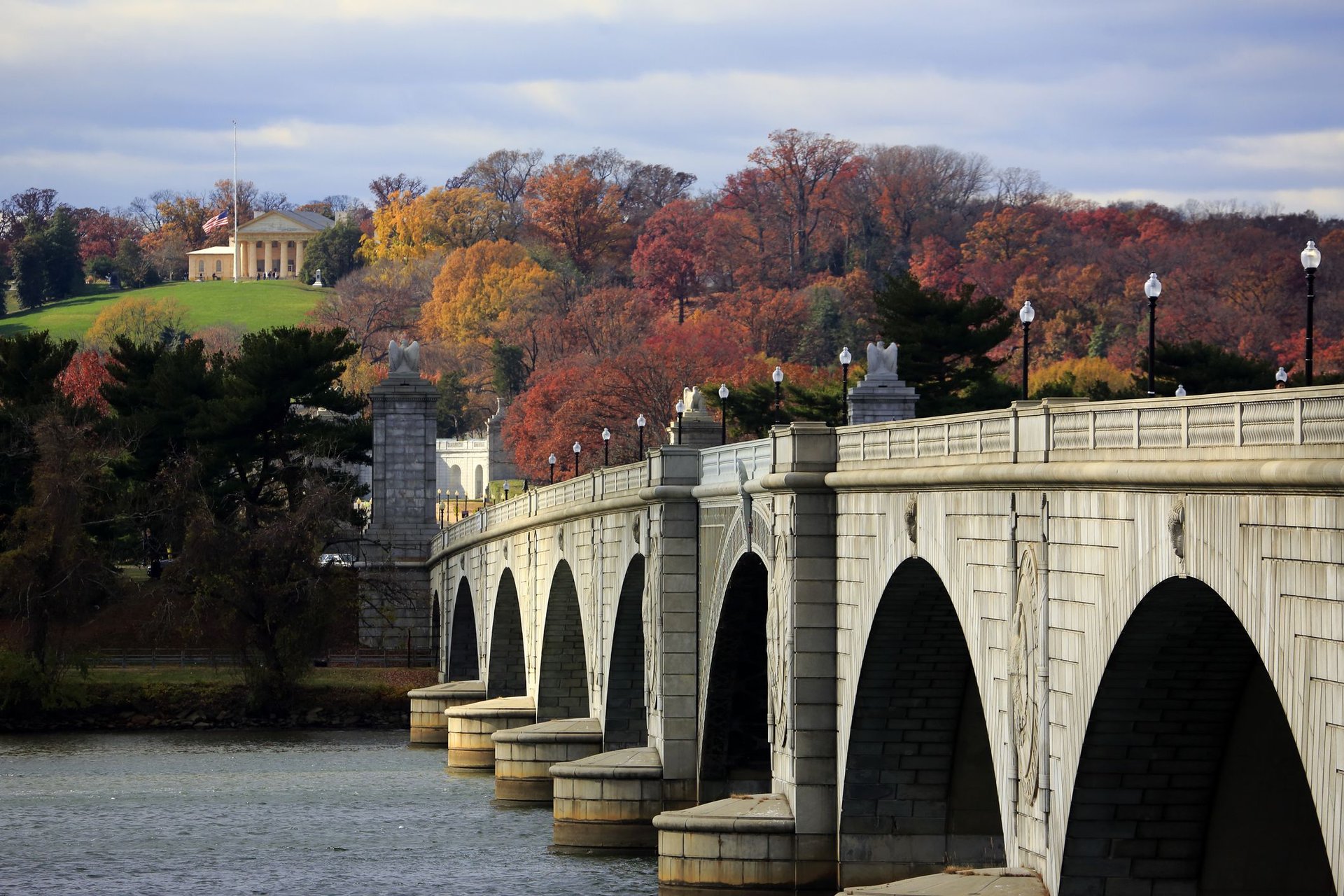
Bruce Yuanyue Bi / Getty Images
“For every 100,000 civilians in Virginia, there are over 1,850 active-duty military personnel, the third-most in the country,” WalletHub said. “And for every 1,000 civilians, there are over 103 veterans, the second-most in the country.”
7 / 11
5th least: Florida
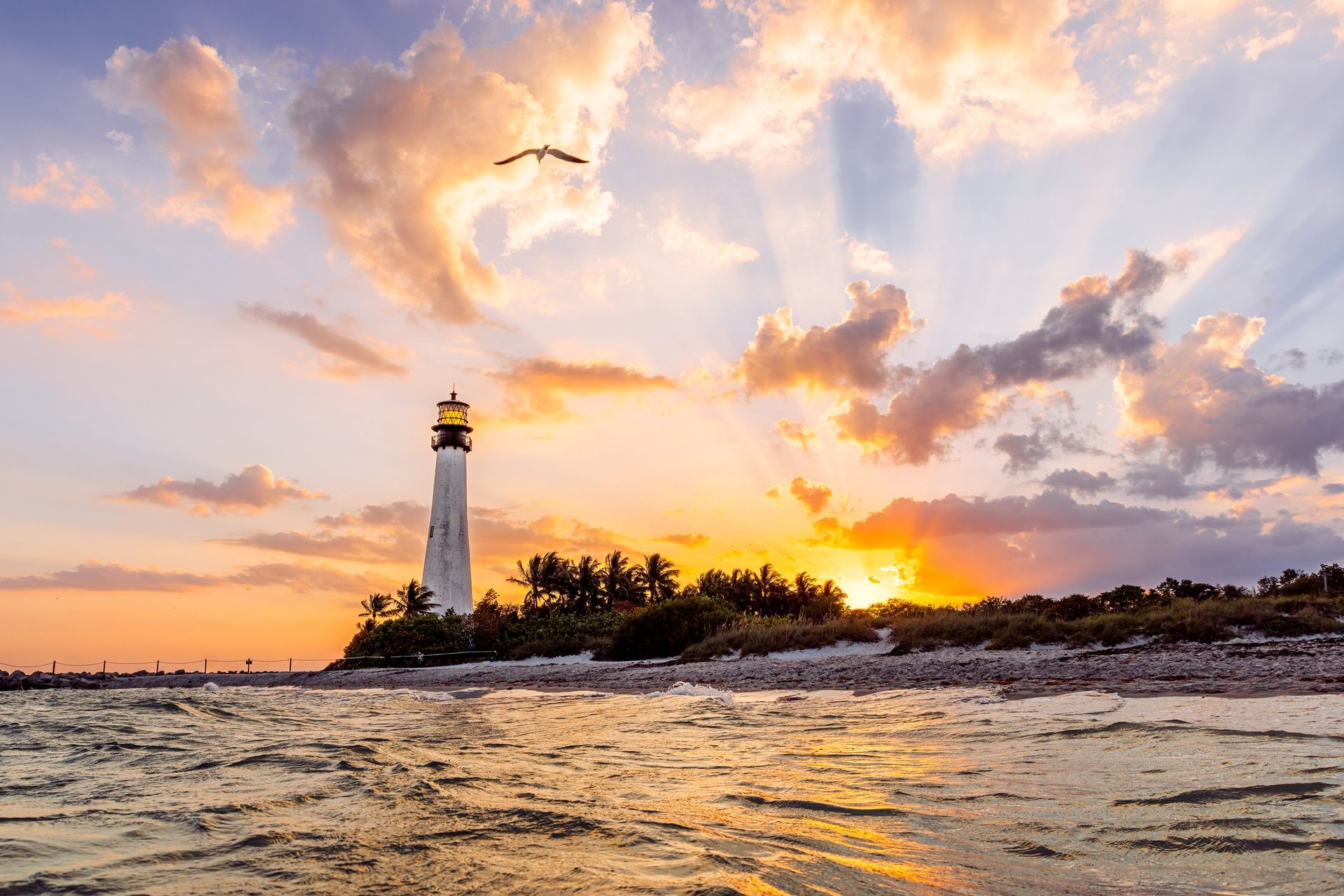
Alexander Spatari / Getty Images
Florida ranked fifth in part because its population isn't very civically engaged, with lower volunteer and voter turnout rates than many states.
8 / 11
4th least: Alabama
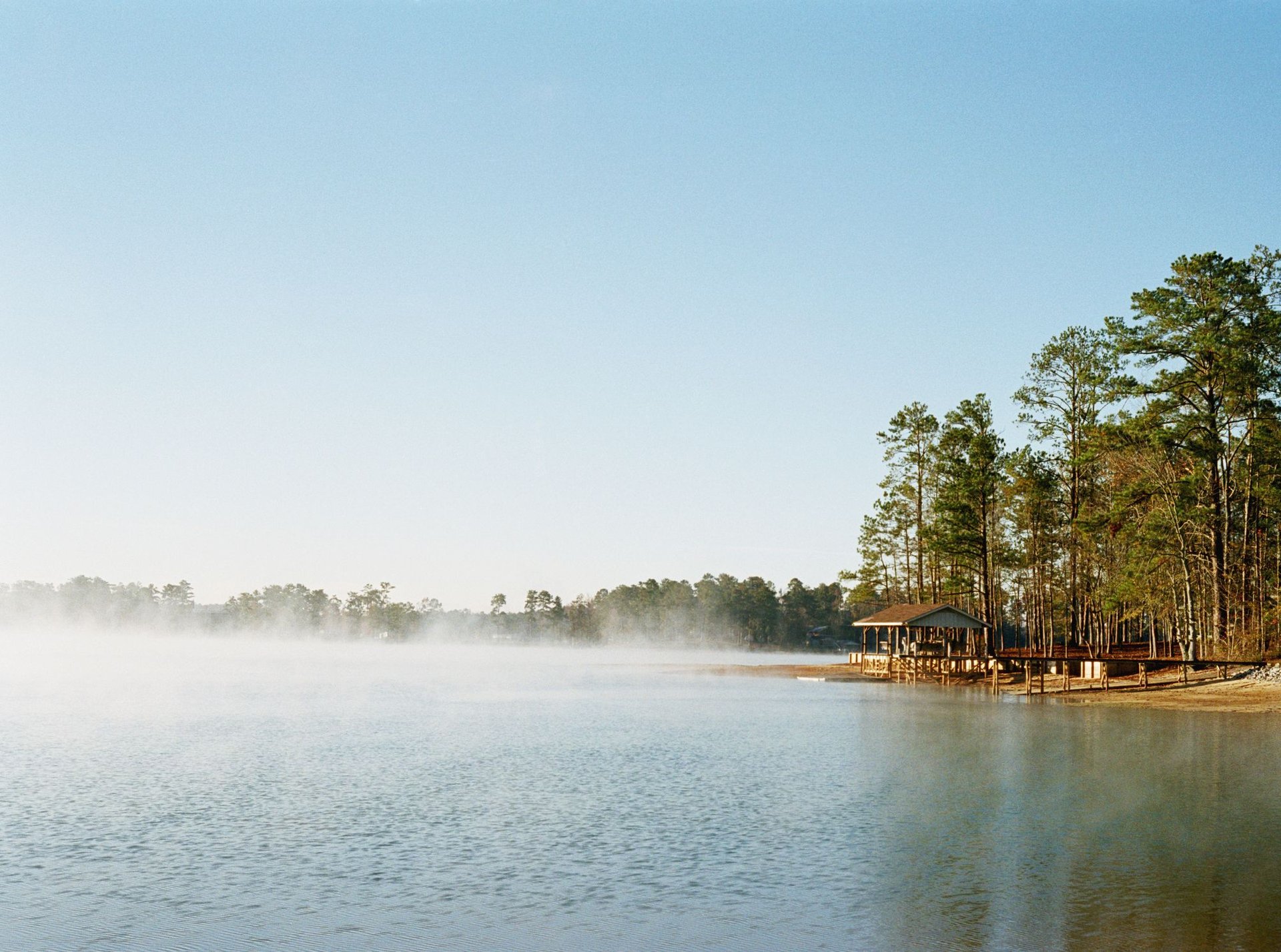
Erik Von Weber / Getty Images
Despite high rates of military service, Alabama lagged in its civic engagement, landing it in the fourth-to-last spot.
9 / 11
3rd least: Louisiana
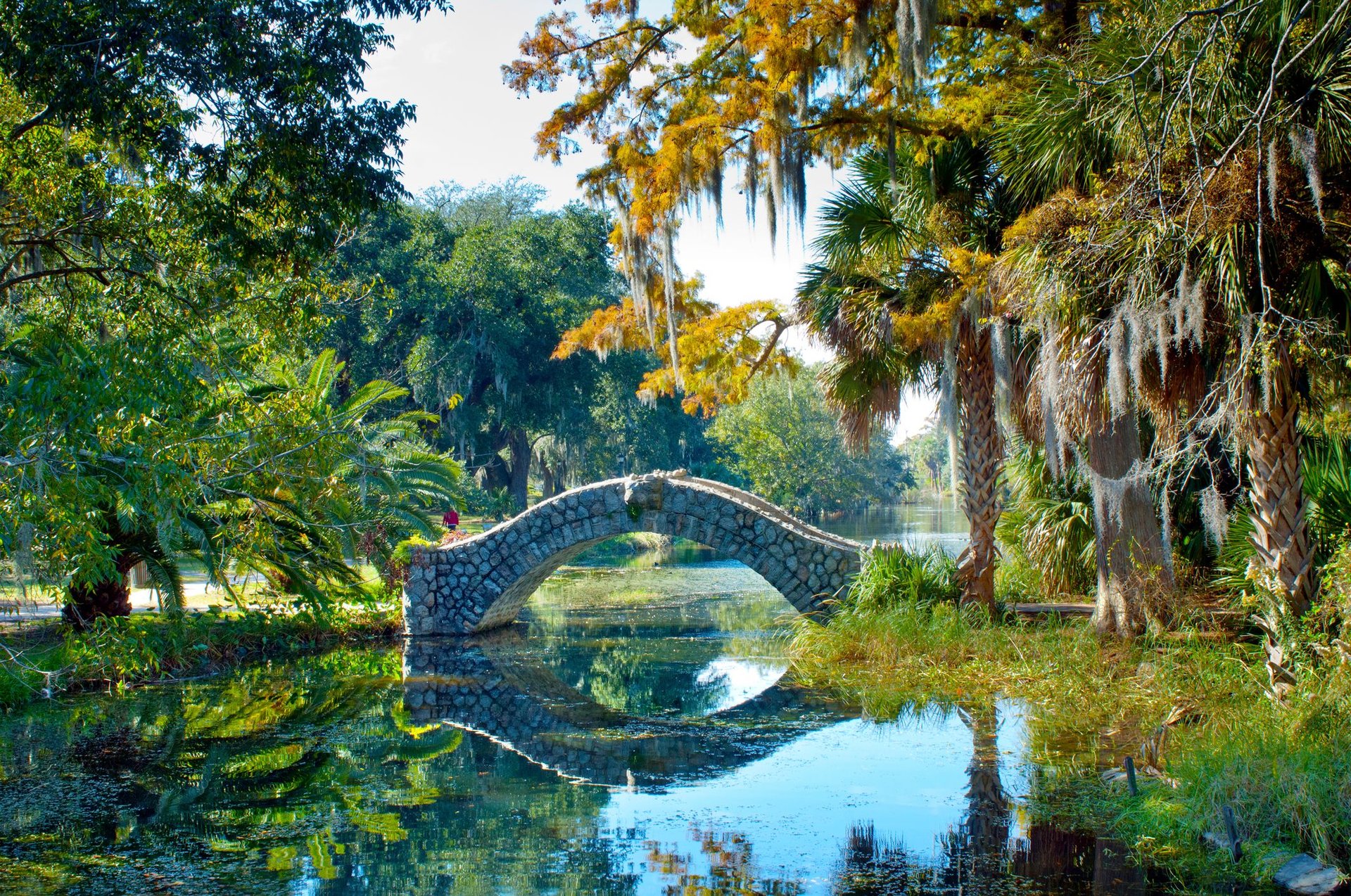
John Coletti / Getty Images
Louisiana took third-to-last with low marks across the board, ranking 48th in voter turnout and 47th for volunteer hours per resident.
10 / 11
2nd least: New York
.jpg)
Deven Dadbhawala / Getty Images
Like Louisiana, New York ranked second-to-last thanks to low scores in all categories, with poor voter turnout and low military participation.
11 / 11
Least: Arkansas
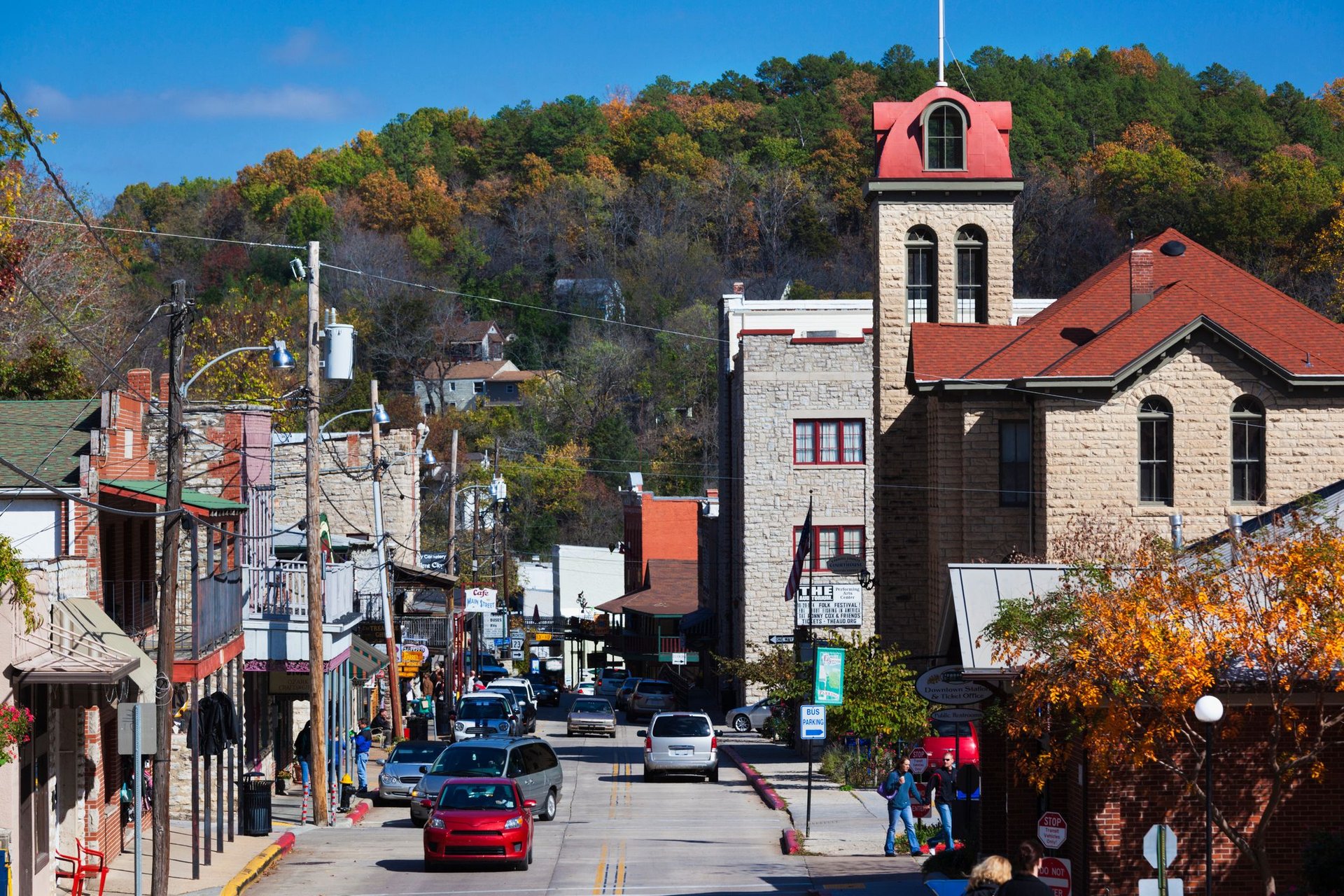
Walter Bibikow / Getty Images
Arkansas came in dead last, suffering from the lowest voter turnout and low rates of civic engagement.
